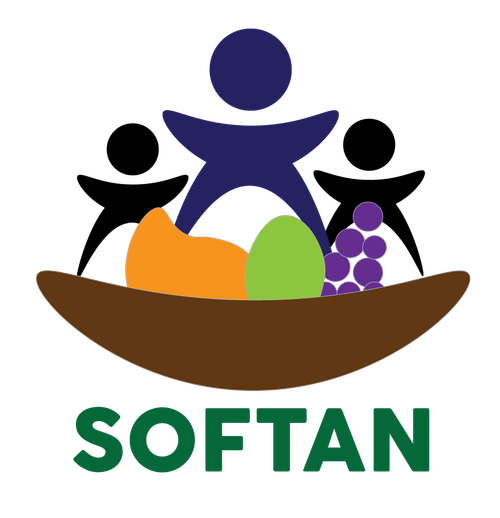A Guide for Children and Teens
Nutrition is the foundation of health, especially during the crucial years of growth and development in childhood and adolescence. As children and teens go through rapid physical and cognitive changes, their nutritional needs become more specific and critical. Ensuring they receive a balanced and nutritious diet is essential for supporting their growth, development, and overall well-being.
Key Nutrients for Growth and Development
1. Protein: Protein is vital for the growth and repair of tissues, making it a crucial component of a child’s diet. It helps in the development of muscles, organs, and the immune system. Sources of protein include lean meats, poultry, fish, eggs, dairy products, legumes, nuts, and seeds.
2. Calcium: Calcium is essential for the development of strong bones and teeth. Adequate calcium intake during childhood and adolescence helps build bone mass and prevent future bone problems. Dairy products like milk, cheese, and yogurt are excellent sources, as are fortified plant-based milk alternatives and leafy green vegetables.
3. Iron: Iron is necessary for the production of hemoglobin, which carries oxygen in the blood. Growing children and teens often require more iron to support their increasing blood volume and muscle mass. Good sources of iron include red meat, poultry, fish, beans, lentils, and fortified cereals.
4. Vitamins: Vitamins play various roles in supporting bodily functions. Vitamin A supports vision and immune function, vitamin C helps in the absorption of iron and boosts the immune system, and B vitamins are important for energy production and brain function. Fruits, vegetables, whole grains, and lean proteins are rich in essential vitamins.
5. Healthy Fats: Healthy fats are crucial for brain development and overall health. They help in the absorption of fat-soluble vitamins and provide long-lasting energy. Sources include avocados, nuts, seeds, olive oil, and fatty fish like salmon.
Building a Balanced Diet
1. Incorporate a Variety of Foods: Aim for a colorful plate with a variety of fruits and vegetables, whole grains, and protein sources. This ensures that children receive a range of nutrients essential for their growth.
2. Healthy Snacks: Choose nutrient-dense snacks such as fruit, yogurt, nuts, and whole-grain crackers. Avoid sugary and processed snacks that offer little nutritional value.
3. Hydration: Adequate hydration is crucial for overall health. Encourage water as the primary drink and limit sugary beverages like sodas and fruit juices.
4. Meal Planning: Plan meals ahead to include balanced portions of protein, vegetables, fruits, and whole grains. This helps in making healthy choices and prevents the temptation of fast food or unhealthy snacks.
Establishing Healthy Eating Habits
1. Lead by Example: Children are more likely to adopt healthy eating habits if they see adults making nutritious choices. Involve them in meal planning and preparation to educate them about healthy foods.
2. Educate About Nutrition: Teach children and teens about the benefits of different foods and how they contribute to their health and well-being. Understanding the “why” behind healthy eating can motivate them to make better choices.
3. Encourage Regular Meals: Skipping meals can lead to overeating later in the day. Ensure that children and teens eat regular meals and snacks to maintain steady energy levels and avoid nutrient deficiencies.
Addressing Common Concerns
1. Picky Eaters: It’s common for children to be selective about foods. Offer a variety of healthy options and encourage trying new foods without pressuring them. Consistency and patience are key.
2. Eating Disorders: Be mindful of the signs of eating disorders, which can affect children and teens. Promote a positive body image and focus on health rather than weight. Seek professional help if necessary.
Conclusion
Proper nutrition is essential for the healthy development of children and teens. By providing a balanced diet rich in essential nutrients, encouraging healthy eating habits, and addressing any concerns promptly, parents and caregivers can support the growth and well-being of young individuals. Establishing these habits early on sets the foundation for a lifetime of health and wellness.








